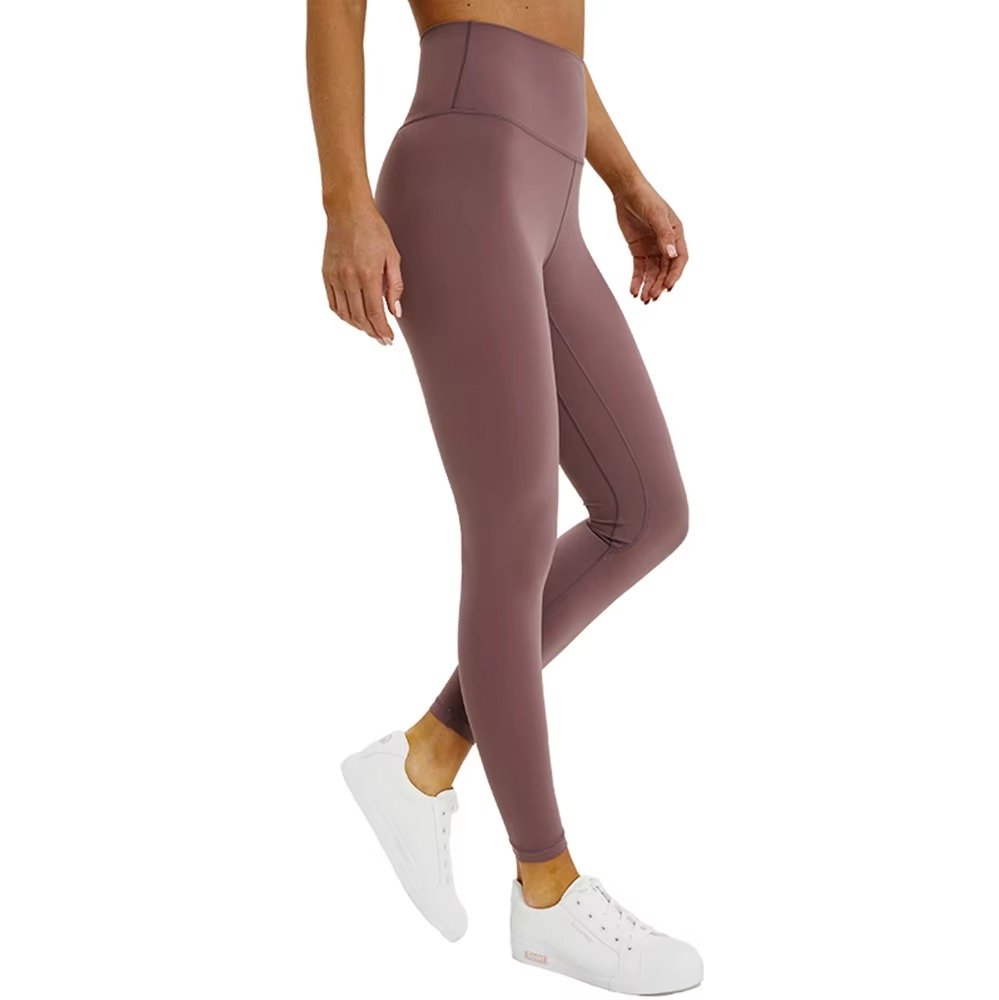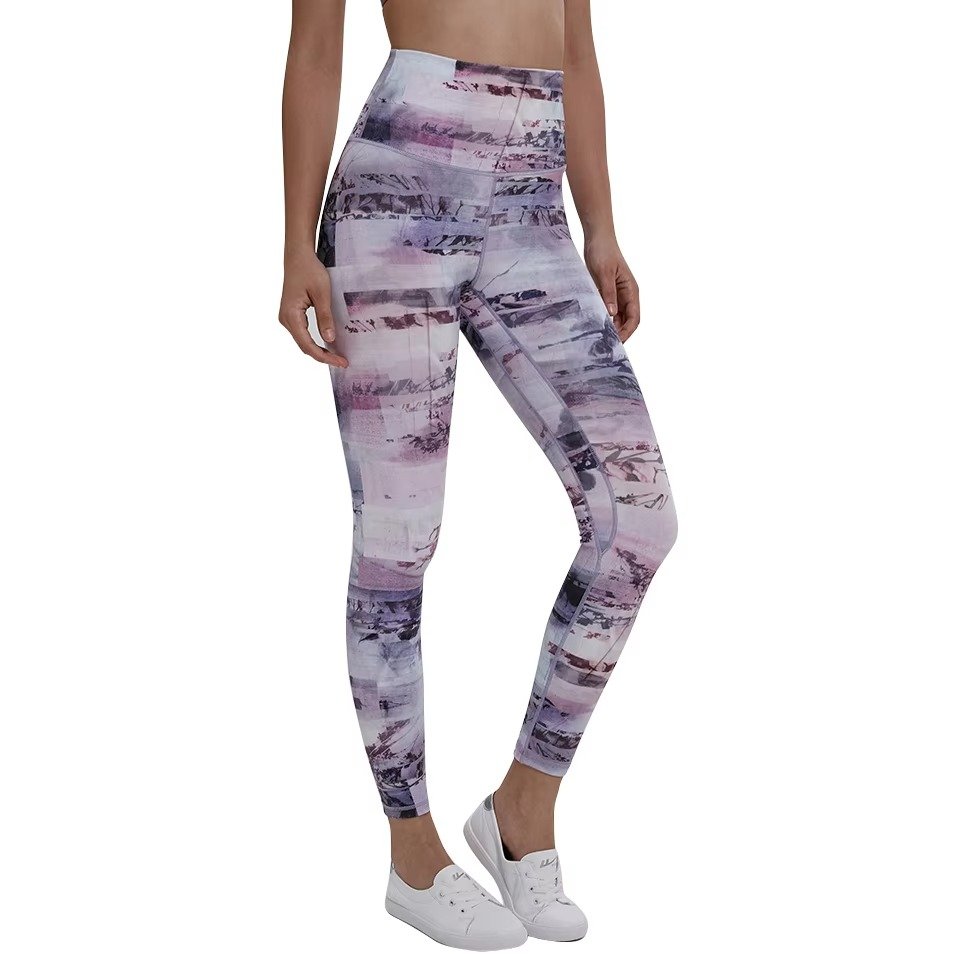When I first started sourcing yoga wear, one trend quickly stood out:
eco-friendly women’s yoga clothes are no longer niche—they’re becoming mainstream.
From my conversations with clients and research in the industry, the shift is clear. Consumers are looking for sustainability, performance, and style in one package. And suppliers like FuKi Yoga are making this possible by offering eco fabrics with private label flexibility.
Table of Contents
- The Rising Demand for Eco-Friendly Yoga Clothes
- What Makes Eco Yoga Clothes Different
- FuKi Yoga: Private Label Solutions with Eco Fabrics
- Comparison: Eco-Friendly vs Conventional Yoga Wear
- FAQs
The Rising Demand for Eco-Friendly Yoga Clothes
Consumer Awareness
More women want products that align with their values of sustainability and wellness.
Environmental Concerns
Yoga itself emphasizes mindfulness, and eco-friendly apparel reflects those principles by using less water, fewer chemicals, and lower carbon emissions.
Social Media Influence
Eco-conscious brands gain traction with Gen Z and Millennials who amplify these values online.
👉 Demand is growing because eco-friendly yoga clothes represent both ethics and aesthetics.
What Makes Eco Yoga Clothes Different
Fabrics Used
- Recycled polyester from plastic bottles.
- Organic cotton grown without harmful chemicals.
- Bamboo blends that are soft, breathable, and sustainable.
Performance Benefits
Eco fabrics are not just “green”—they’re durable, moisture-wicking, and stylish.
Longevity
Clothes made with eco fabrics often last longer, reducing the cycle of fast fashion.
👉 The difference lies in performance and sustainability combined.

FuKi Yoga: Private Label Solutions with Eco Fabrics
As a supplier, I’ve seen how private label brands can thrive when they embrace eco-friendly fabrics.
FuKi Yoga specializes in eco-conscious private label yoga wear with:
- ✅ Low MOQs starting at 100 pcs.
- ✅ Sustainable fabrics like bamboo, organic cotton, and recycled nylon.
- ✅ OEM/ODM services with logo, trims, and packaging options.
- ✅ On-trend designs including ribbed sets, seamless leggings, and yoga bras.
- ✅ Scalable solutions for startups and established retailers.
👉 Explore more insights on the FuKi Yoga Blog.

Comparison: Eco-Friendly vs Conventional Yoga Wear
| Feature | Eco-Friendly Yoga Wear | Conventional Yoga Wear |
|---|---|---|
| Fabrics | Bamboo, organic cotton, recycled polyester | Nylon, polyester, synthetic blends |
| Environmental Impact | Lower water use, fewer chemicals | Higher carbon footprint |
| Durability | Long-lasting, reduces fast fashion waste | Standard durability |
| Consumer Appeal | Ethical, aligns with mindful living | Budget-friendly, trend-driven |
| Customization | Available with private label suppliers | Limited |
FAQs
Q1: Are eco-friendly yoga clothes more expensive?
Slightly, but the cost balances out due to longer product lifespan and better brand positioning.
Q2: Do eco fabrics perform as well as traditional ones?
Yes. With the right blends, they are breathable, durable, and moisture-wicking.
Q3: Which fabrics are most popular in eco yoga wear?
Bamboo blends, recycled polyester, and organic cotton are leading choices.
Q4: Can private label brands compete with big eco-friendly names?
Definitely. With FuKi Yoga, you can create eco-conscious collections that rival established labels.
Final Thoughts
So, why are eco-friendly women’s yoga clothes taking over the market?
Because they combine sustainability, performance, and inclusivity—all values today’s consumers care about.
With FuKi Yoga, brands can launch collections that meet this demand while staying cost-effective and customizable.
👉 Want to create your own eco-friendly line? Start today with FuKi Yoga.


